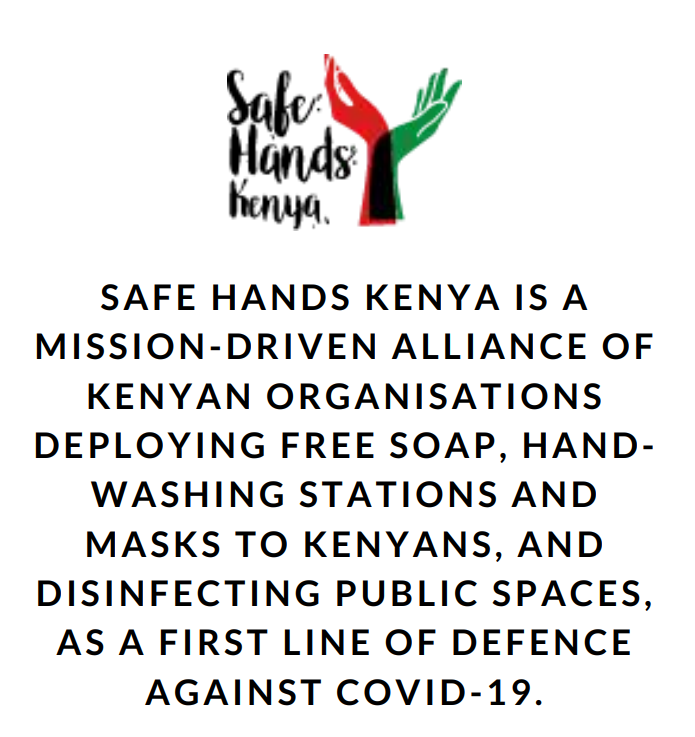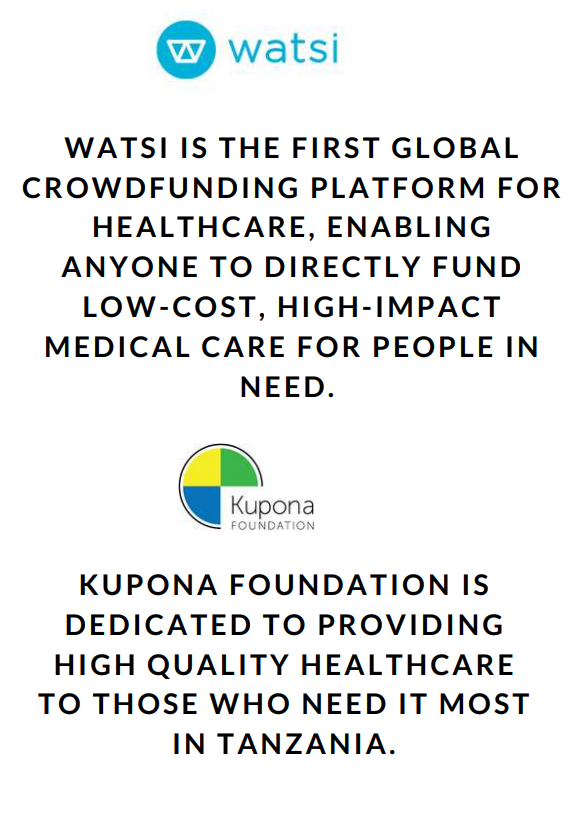Local Leadership Will Help Us Emerge From COVID-19 Stronger
As we approach a new, worrisome phase of the COVID-19 crisis, there are many changes in how the world approaches global health. Not only has the pandemic exposed the broken sutures among key players in the sector, it has also underscored how essential the often-forgotten local communities are in achieving health equity. At the onset of the pandemic, many foreign staff and volunteers were understandably evacuated back to their home countries before borders closed, leaving local staff and communities to take charge. While the global health community lauds itself as a vanguard of justice and equity, such a move during a once-in-a-generation health crisis proved that the sector, while still beneficial, largely relied on the efforts of the community rather than the traditionally more visible foreign professionals.
In fact, for far too long, the wealth of local expertise, knowledge, and passion has been sidelined by international teams and often Western-based headquarters. During the pandemic, aid agencies and development organizations in the Global North have had their own woes too as the US and Europe reported record highs in average new cases and COVID-related deaths. As a result, local staff have, therefore, had more say and freedom when faced with situations that need immediate action. This necessary expediency as a result of the pandemic has meant that local communities have now taken a seat at the decision-making table. It is our hope that they will stay there.
Local organizations across the Global South have shown resilience in tackling this global health crisis and sustaining access to critical health services, including essential surgery. In response to the pandemic, there have been incredibly innovative solutions led by local communities, building upon multi-sectoral partnerships and therefore bypassing the often NGO-rife global health space.
As noted in Harvard Business Review, “about one-fifth of these innovations have come from low- and middle income-countries.” Safe Hands Kenya (SHK) saw 40 private companies and social enterprises form an alliance to rapidly respond to the pandemic last year. The initiative leveraged local knowledge and capacity to distribute masks, hand washing stations, and disinfectants while conducting awareness campaigns on how to prevent COVID-19 infection. SHK bypassed most restrictive aid processes to reach over 1.3 million people in a month. This innovative model has now been nominated by Fast Company as one of the World Changing Ideas of 2020. Health practitioners must recognize the importance of regional and local multi-sectoral partnerships, as even though they can translate into a multitude of challenges and complexities, they can also tap into local leadership and knowledge to provide solutions for the problems communities seek to solve.
For forward-looking nonprofits, not as much has had to change. Watsi, which directly funds patients who need life-saving surgeries through crowdfunding, adopted a local and patient-first model from their founding in 2012. They focus on actively listening to a patient’s own story and needs, and then work to provide direct funding for their cost of medical treatment. Watsi partners with leading local medical providers to refer patients in need of surgery through a system of trust and transparency that supports the local hospitals to set their own priorities on what will have the most impact on patients’ lives. This has led to an open and effective relationship between Watsi and its medical partners in communities around the world, which ensured limited disruptions to patient care during the pandemic.
Additionally, with the majority of their funds coming from individual contributions, Watsi has been able to sustain its model through COVID-19 as harder-to-pin down grants remained scarce.
Global health has always been about eliminating health disparities in vulnerable communities. While this is possible through global cooperation, it can only be achieved by making space for local voices and perspectives in both the development and implementation of solutions. How can we ensure that local communities lead the discussions at the table? This calls for decolonization of the sector with changes such as funding models moving away from bureaucratic, top-down traditional models.

For Kupona Foundation, a nonprofit committed to delivering high-quality healthcare to those who need it most in Tanzania, the pandemic has highlighted the need for unrestricted funding. Kupona’s local partner, Comprehensive Community Based Rehabilitation in Tanzania (CCBRT), a leading specialist healthcare provider in Tanzania and a lynchpin in their healthcare system, had to prioritize the needs of the community while directing funds towards infection, prevention, and control efforts, as well as staff coverage and salaries due to increased sick and bereavement leave, depleting financial reserves.
As many conventional funders direct their aid to specific projects, and restricted funds to specific COVID needs within the pandemic, this has stifled the broader work of some health organizations such as CCBRT, with salary and administrative costs that still have to be met.

Now more than ever, nonprofits in the Global South must have the discretion to channel funds where necessary and most impactful as evidenced by some funders who have wisely provided much-needed unrestricted mini-grants within this crisis period.
As we navigate out of the pandemic, we wish to hear more directly from the people in whose communities global health organizations work. Additionally, innovation and partnerships must be based on shared values, trust, social justice, and mutual accountability to deliver collective impact to those who need it most. Moving forward, it is our hope that the local communities will take center stage in all conversations as they advocate for change driven by local needs, and not a global solution in search of a problem.
ABOUT THE AUTHORS
Mackinnon Engen serves as the Executive Director of Watsi. As a global health and humanitarian professional, her experience spans the UN, international and local NGOs, and academic sectors across Asia, Africa, Europe, and the Americas. Her research includes topics of organizational leadership and effectiveness, economic impact of health interventions, emergency food security, and the humanitarian impact of climate change.
Susana Oguntoye serves as the Executive Director to Kupona Foundation. She has almost two decades experience in health research and policy, as well as design, monitoring, evaluation, and implementation around health services development, with a particular focus on international development and global health systems strengthening.
Brian Njoroge is a Partnerships and Communications Officer at Kupona Foundation. He is a 2020-21 Princeton in Africa Fellow and is interested in working in marginalized communities to create change through policy and critical development.
Kate Schwed is an External Communications Advisor at Kupona Foundation. She is a freelance copywriter based in Brooklyn, NY.

*published in One.Surgery’s Hold On, Dear Life! Our wonderful 13th issue of Voices of Surgery in September 2021




